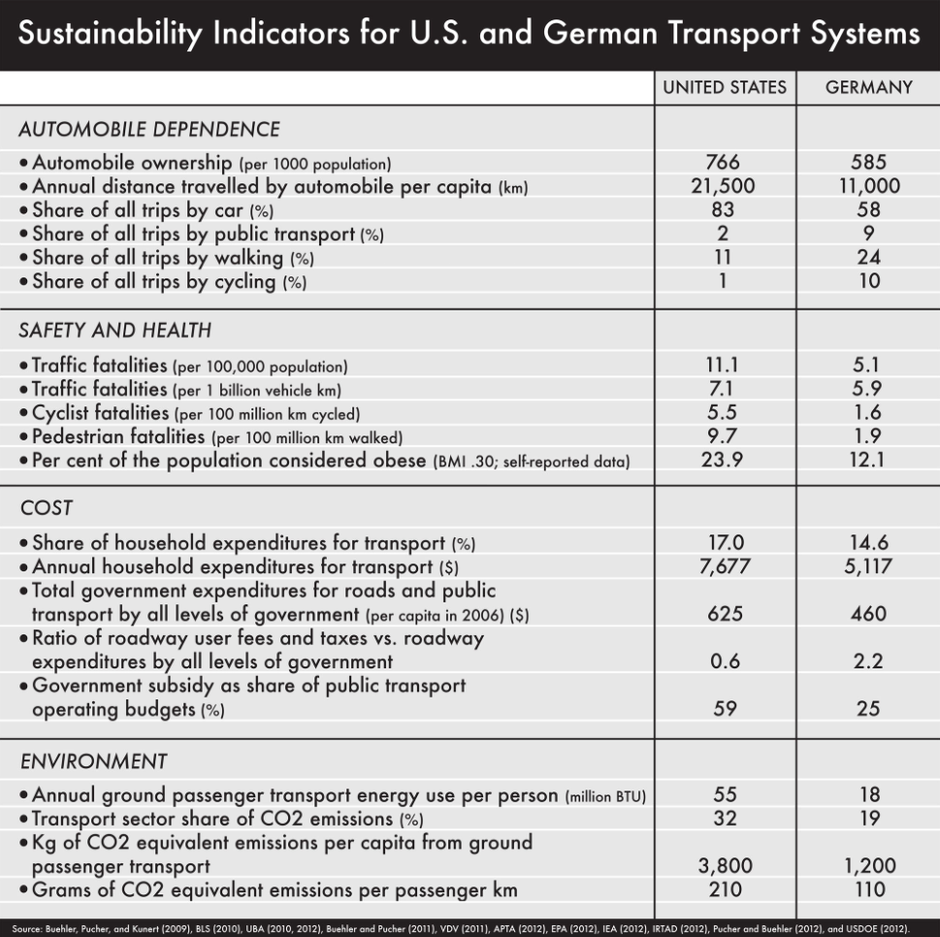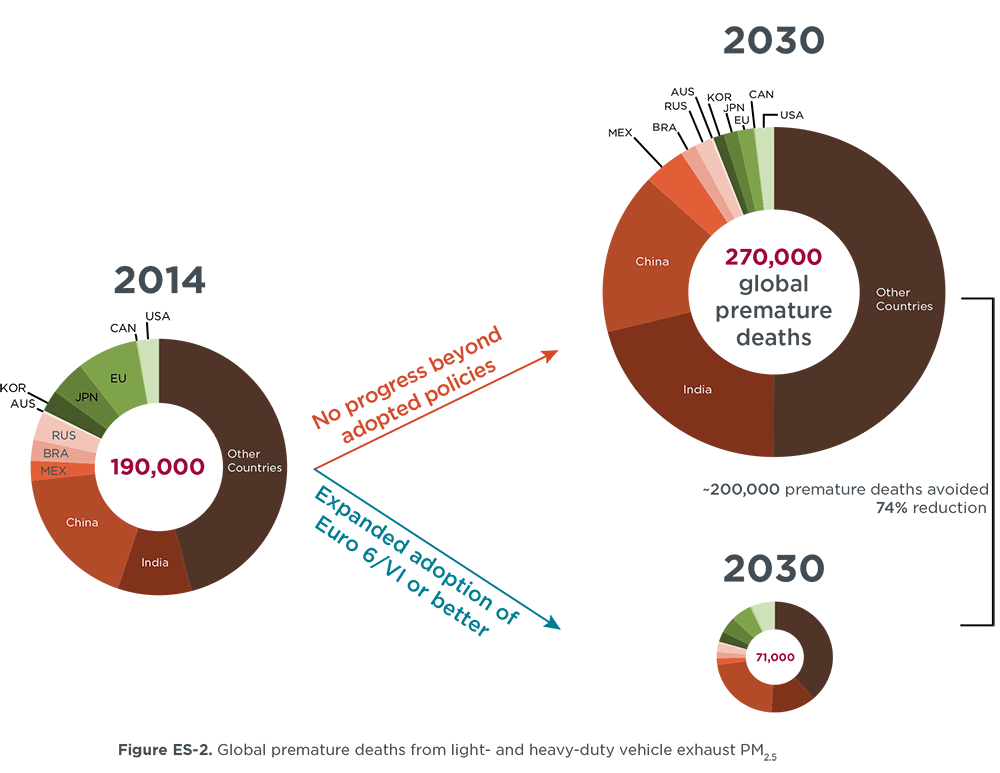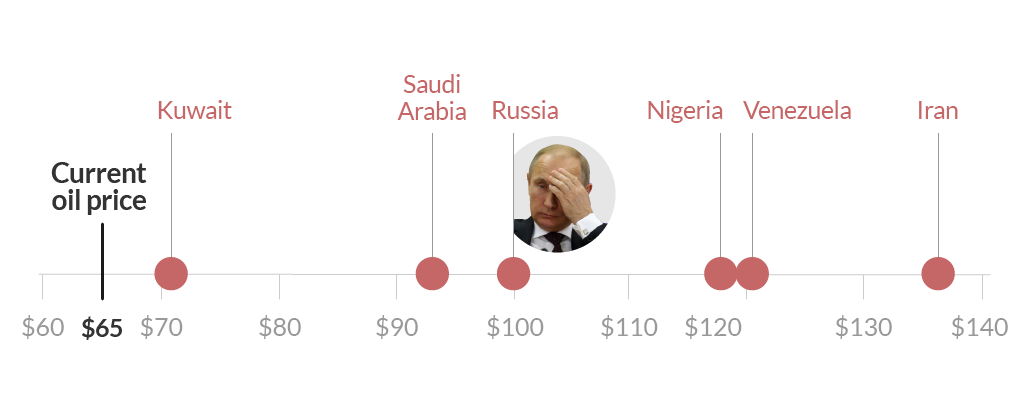- Masters degree in transport planning/engineering, or urban/regional planning with a focus on transportation
- Previous coursework, work experience, internships or papers in urban transportation planning are desirable
- Strong quantitative, analytical, and research skills
- Enthusiasm to work on sustainability issues and in developing countries.
- Detail-oriented and organized thinker.
- Ability to work well in multi-disciplinary and multi-cultural teams, juggle multiple priorities and work under tight deadlines
- Enjoys working in a fast-paced, results oriented non-profit environment
- Experience with quantitative analysis of data with software such as Excel, STATA, and ability to learn new software and computer systems quickly
- Competence to undertake high-profile research assignments with minimal supervision
- Excellent written and spoken English.
- Knowledge of Mandarin, Spanish, Portuguese, and/or Turkish, is desirable
- Some experience using ArcGIS or similar mapping software, or familiarity with at least one transport modelling software such as VISUM or TransCAD would be a plus.
Final candidates will be required to take a writing test.
Duration: Regular full-time
Salary: Salary is commensurate with experience and skills. WRI offers a generous, comprehensive benefits package.
Location: Washington, DC
Qualified applicants should apply online at www.wri.org/careers. All applications must be submitted online through this career portal in order to be formally considered.
The World Resources Institute (http://www.wri.org/wri) is an environmental and development research and policy organization that creates solutions to protect the Earth and improve people’s lives. As an Equal Opportunity Employer, it is WRI’s policy to recruit, hire, and provide opportunities for advancement in all job classifications without regard to race, color, religion, sex, national origin, age, citizenship, marital status, sexual orientation, parental status, protected veteran status, or disability. WRI’s global agenda requires a staff that is diverse – with respect to race, gender, cultural, and international background. Diverse perspectives and experience enhance the way WRI selects and approaches issues, as well as the creativity and applicability of WRI’s policy research and analysis. WRI, therefore, encourages applications from U.S. minorities, persons from other countries (especially developing nations), and from women of all backgrounds.
About WRI
Established in 1982, WRI is a non-profit 501(c)(3) organization respected globally by policymakers, non-governmental organizations, and corporate leaders.
WRI’s reputation is grounded in its excellent analysis, non-partisan approach, and high-impact results. We measure our success based on how our work helps to create real-world change on the ground—and approach we call “Managing for Results.”
WRI’s work is united by and driven by our values: Innovation, Integrity, Urgency, Independence, and Respect.
WRI fosters a culture of innovative ideas, working collaboratively, and thinking independently. WRI employees are driven by the organization’s mission and have the satisfaction of helping to create a more prosperous and healthy planet.
Learn more about our organization at www.wri.org.


 EMBARQ seeks a full-time to provide research, data analysis and other support to its Integrated Transport team which conducts global research on sustainable transport and urban development, and supports Cities Network projects in Mexico, Brazil, Turkey, India, and China. The research assistant will support several projects related to sustainable mobility. The projects will require working with transit planning and operations; economic, social and environmental impact analysis of transport projects; and sustainable transport best practices, policies, institutions, and finance.
EMBARQ seeks a full-time to provide research, data analysis and other support to its Integrated Transport team which conducts global research on sustainable transport and urban development, and supports Cities Network projects in Mexico, Brazil, Turkey, India, and China. The research assistant will support several projects related to sustainable mobility. The projects will require working with transit planning and operations; economic, social and environmental impact analysis of transport projects; and sustainable transport best practices, policies, institutions, and finance.














